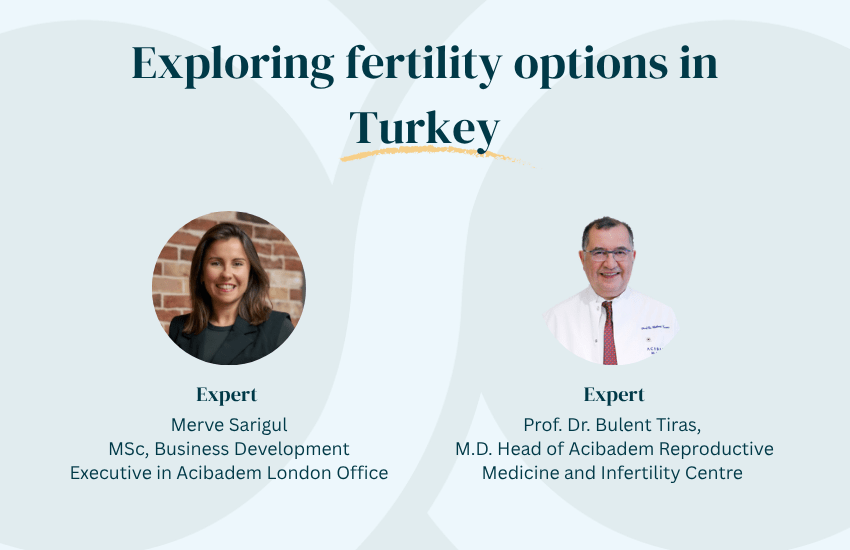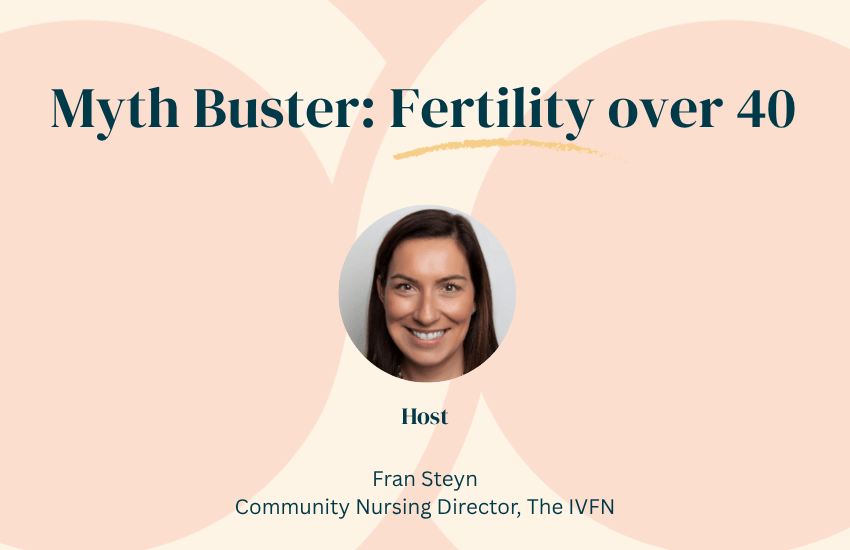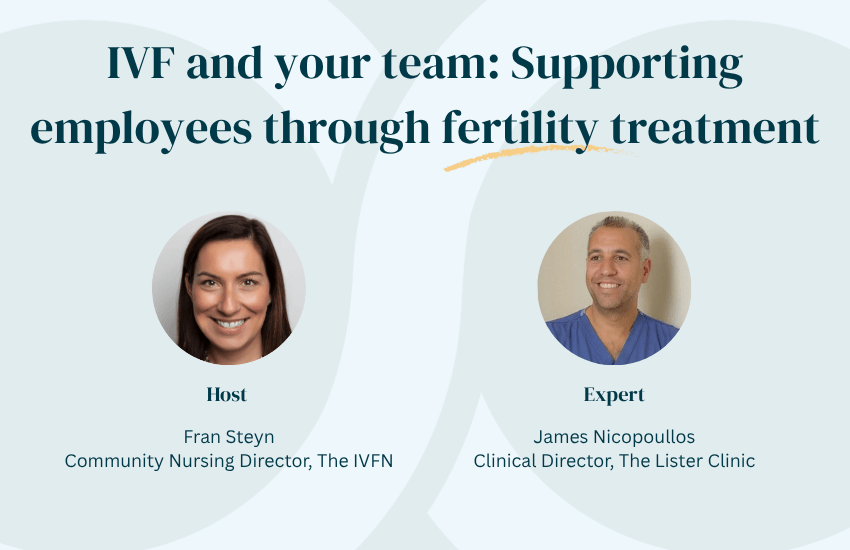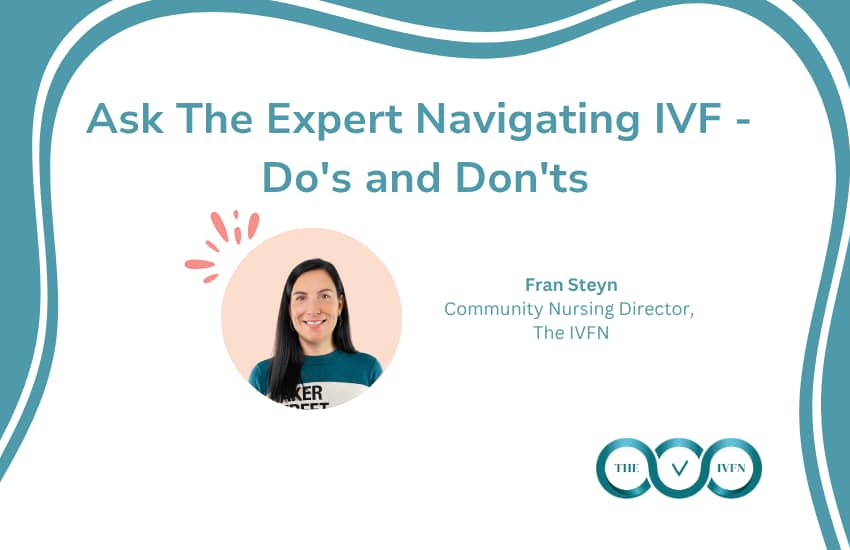IVF Through The NHS – The Facts

Login to continue reading
This content is for members only, to read the full article log in to your account.
Forgotten your password? Reset your password here.
Join us today
If you don’t have a membership yet, visit our Join us page.
Would you like your employer to pay for this?
For an obligation free chat to discuss how employer membership to The IFVN would work for your business, please contact us using this enquiry form.
Further reading
-
Previous event Ask the Expert – Exploring fertility options in Turkey

-
Previous event Safe Space – Myth Buster: Fertility Over 40

-
Previous event Ask The Expert – IVF and your team: Supporting employees through fertility treatment

-
Male fertility Movember: Men’s Health and Fertility

-
Corporate Fertility Awareness Week 2025: Supporting Fertility in the Workplace

-
Female Alcohol and Fertility: What You Need to Know

-
IVF Ask The Expert: Navigating IVF – Do’s and Don’ts




